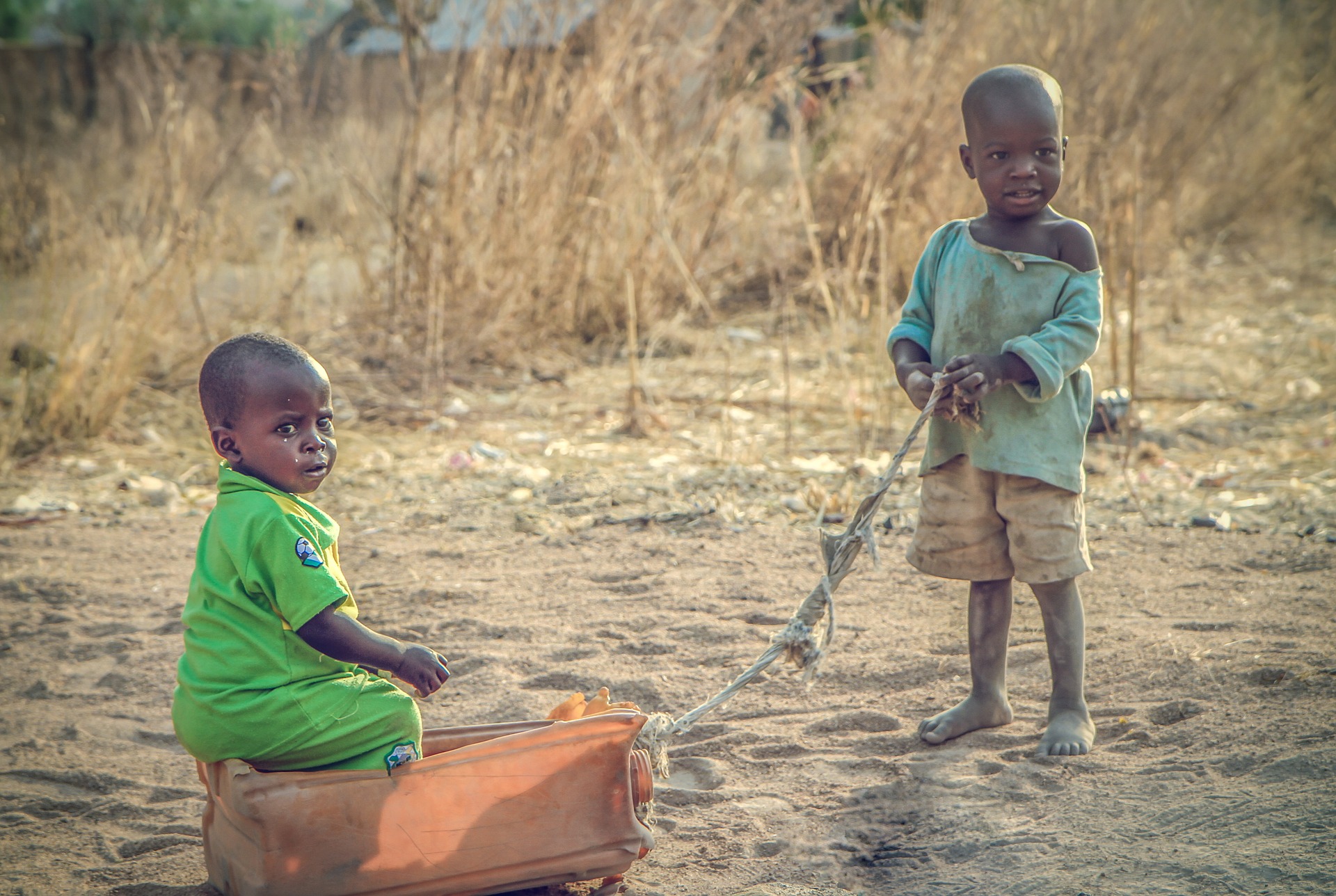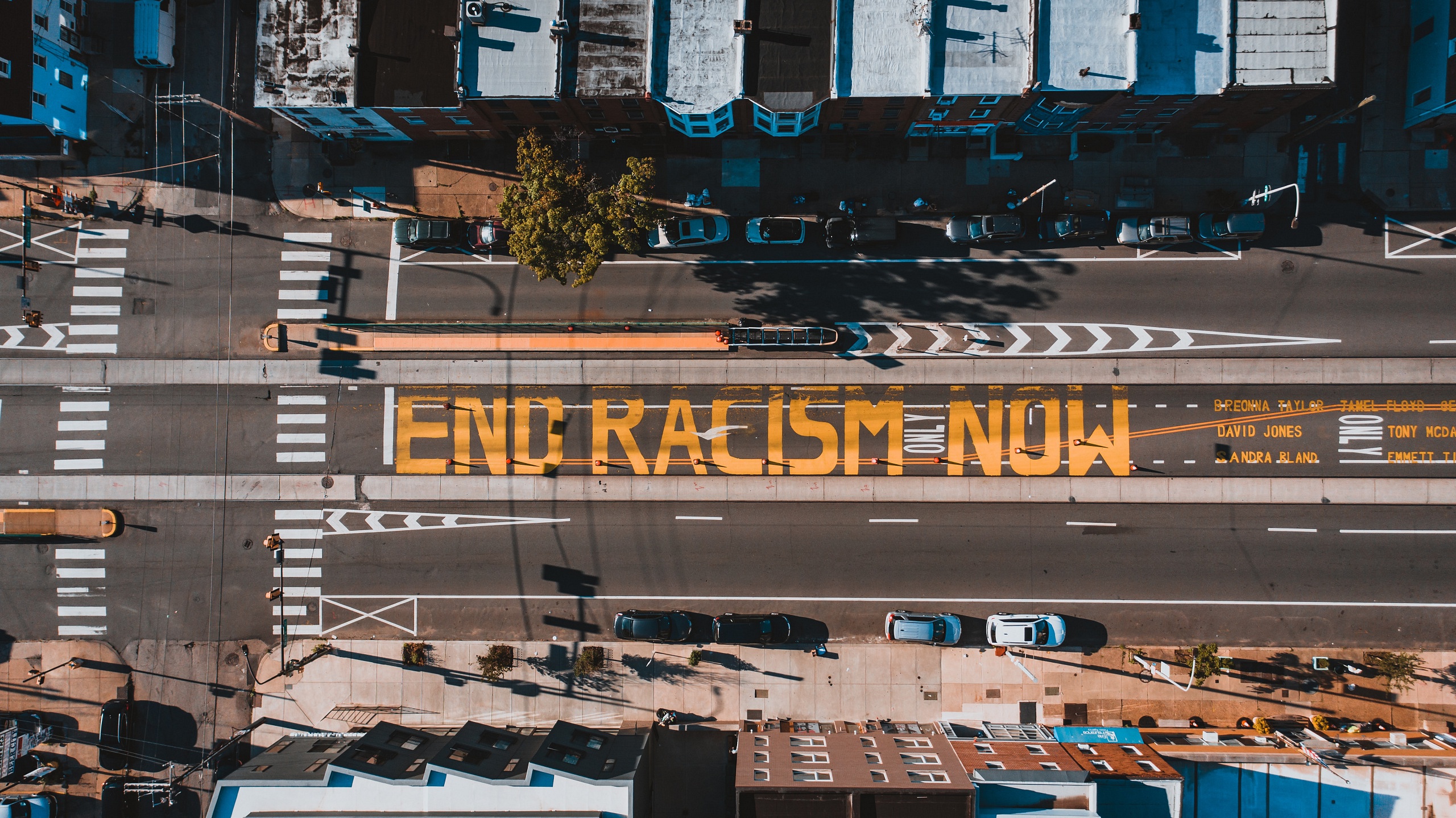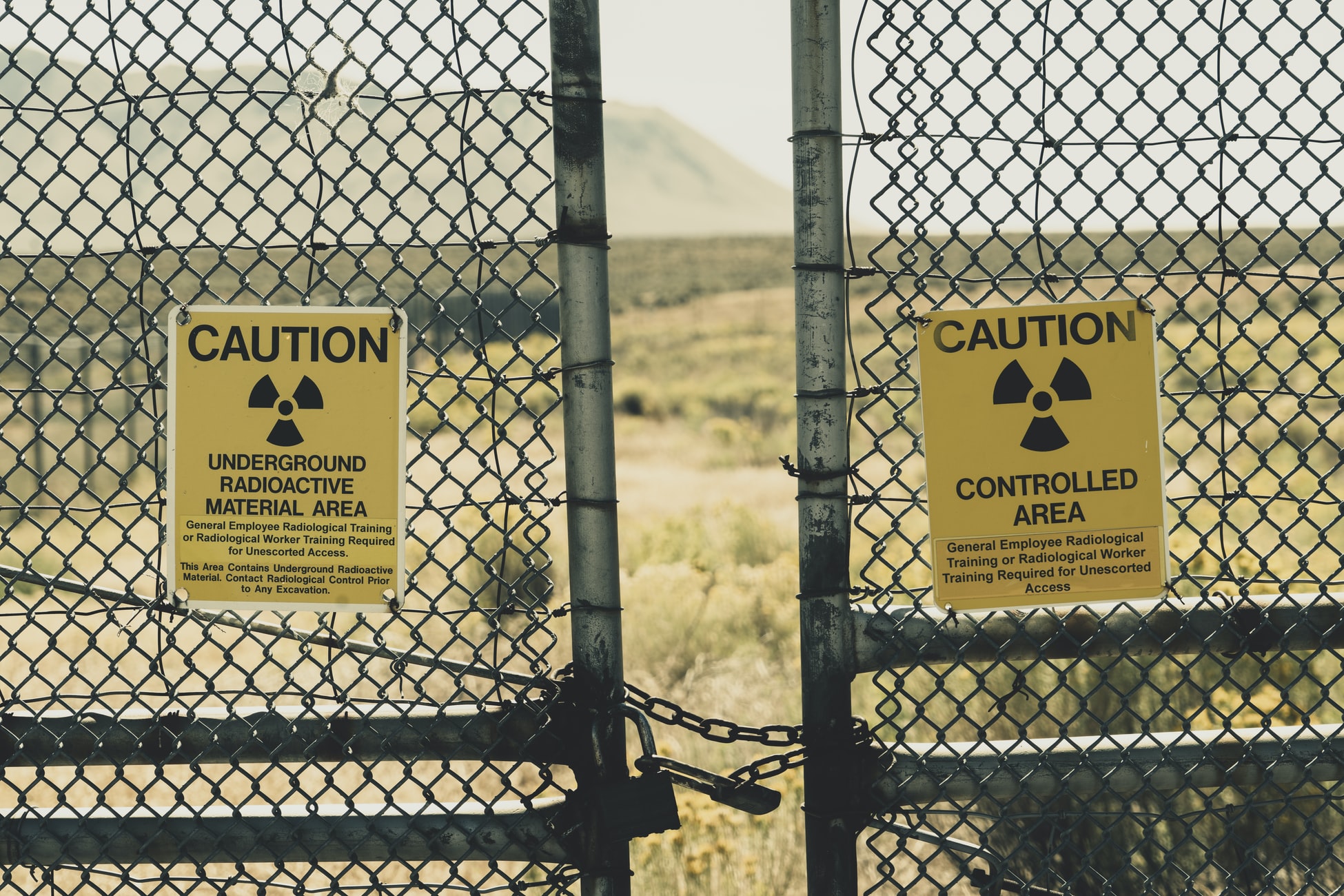In 2003, Nigeria adopted the Child’s Rights Act. With this legislative document, the federal government aims to prevent any forms of threat, which Nigerian children might face at a point, as well as to protect both their human rights and constitutional rights. To give a little more specific illustration, the Act contains the prohibition of various sorts of cruelties, such as child labor (section 28[1]), the prohibition of recruitment of children into the Armed Forces (see section 34 of the Act) and other forms of exploitation (see section 33[2]). However, it is known that only 25 Nigerian states out of all 36 have ratified the act by now. This article will now present some of the issues that the children of Nigeria face to this day whilst referring to (relatively) recent reports.
According to a Human Rights Watch press release from December 14, 2020, the Nigerian armed forces continued with the detention of thousands of children for the purpose of involving these children in various armed groups. During previous investigations, a large number of Nigerian children reported being severely beaten, exposed to hunger and other forms of cruelty for lengthy periods of time; cruelty which no child and no man should ever have to experience. Fortunately enough, the UN Security Council later reported with the help of security authorities, a large number of the detained children had been released between the years 2017 and 2019.[3] It is also known that many of these violations of children’s rights are in connection with Boko Haram, a Northeastern Nigeria-based jihadist terrorist organization.[4]Reporters claim the following: “The Security Council has provided Nigerian authorities with concrete steps they should take to protect children affected by the conflict,”[5] and that “the government should carry out the steps as quickly as possible”.[6]
Further on to this topic, a researcher from the Africa Division, Anietie Ewang recently published her article in connection with the abduction of hundreds of Nigerian children from their schools. Despite previous cases of abduction, no precautionary measures were taken by the Nigerian government, which resulted in the abduction of over 300 students and killing one within the state of Niger. Being fairly close to the northeast, the state of Niger is one among all states of Nigeria which are frequently in fear of Boko Haram’s each (next) move. What appears to be even more concerning about this situation is the fact that previous alleged abductions of children (mostly girls) have been ignored, and even denied by the Nigerian authorities. “The Nigerian authorities need to live up to their commitments and double their efforts to provide a safe learning environment for children, and to ensure justice for victims,” Ewang affirms.[7]
Before making a conclusion, it is essential for everybody living within the borders of Nigeria to have in mind that the National Human Rights Commission in Nigeria is currently working on the protection and enforcement of children’s rights under the above-discussed Child’s Right Act (2003). This Commission encourages people to support its purpose by reporting any forms of violations against children.[8] More information and contact details can be found on the website of the Commission.
Now to sum up, we see that there are still large improvements to be made about the child protection laws. It is unfortunate to see that approximately 18 years after introducing the Child Rights Act, crimes like the above-mentioned ones are still occurring, but mainly in those states of Nigeria where the Act has not been ratified yet. With all of the so-far reported cases, it is needless to say that there are (at least) a few steps that must be taken in order to ensure safety of this targeted group. First, the federal government must put more pressure on the rest eleven states of Nigeria. Second, the quality of security in schools in those regions must be far stricter until then. Third and last, more people living in those states ought to be conscious about children’s safety and follow the National Human Rights Commission’s suggested steps.
[1] Child’s Rights Act (2003)
[2] Child’s Rights Act (2003)
[3] News Release, ‘Nigeria: Stop Jailing Children for Alleged Boko Haram Ties’ (Human Rights Watch, 14th December) < https://www.hrw.org/news/2020/12/14/nigeria-stop-jailing-children-alleged-boko-haram-ties > accessed 5 March 2021
[4] Ibid, HRW News Release
[5] Ibid HRW News Release
[6] Ibid HRW News Release
[7] Anietie Ewang, ‘More Schoolchildren Abducted in Nigeria’ (Human Rights Watch, 17th February) < https://www.hrw.org/news/2021/02/17/more-schoolchildren-abducted-nigeria > accessed 5 March 2021
[8] National Human Rights Commission website < https://www.nigeriarights.gov.ng/focus-areas/child-rights.html > accessed 5 March 2021








